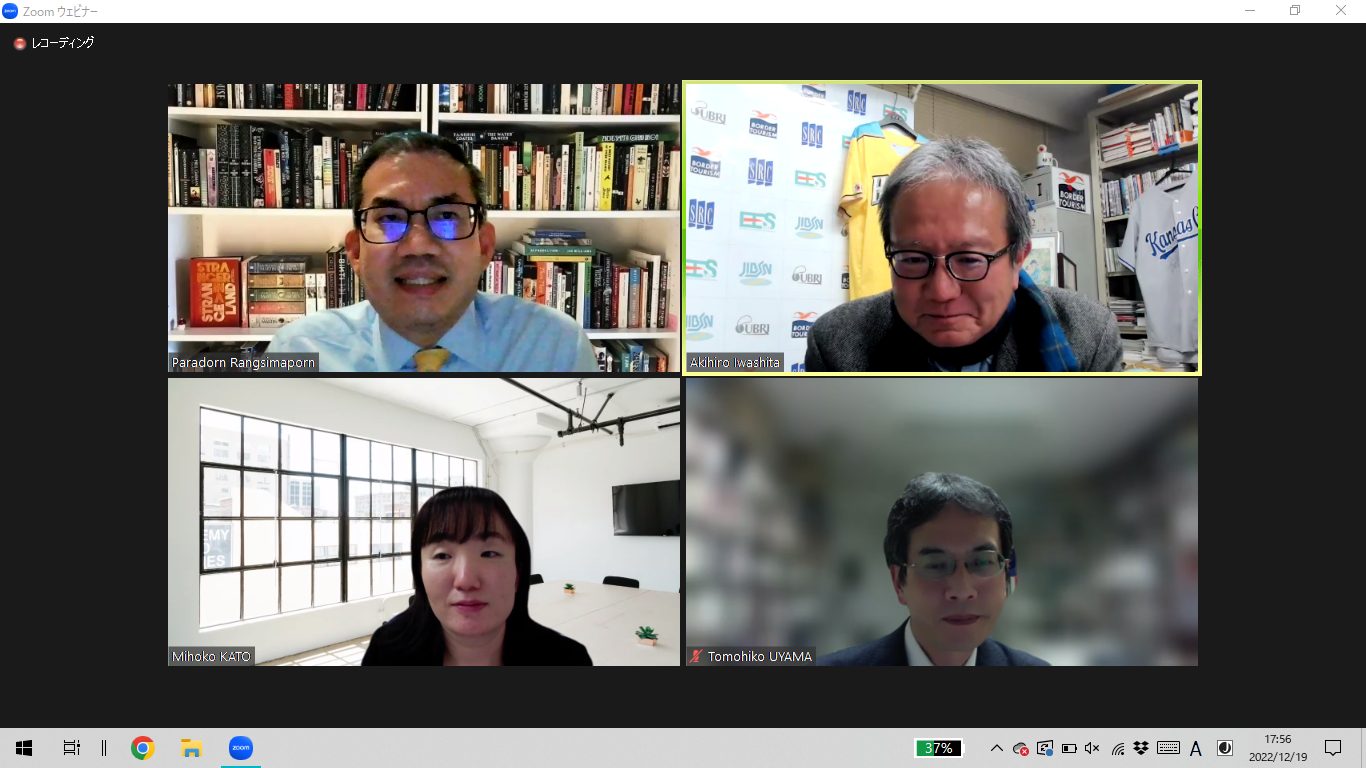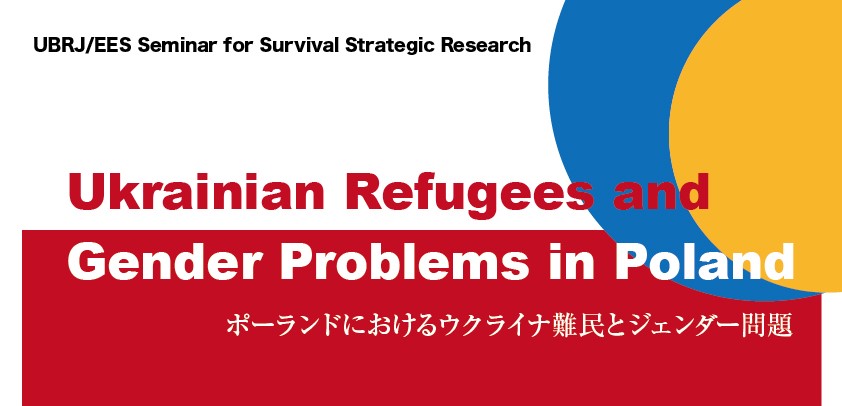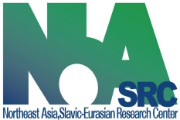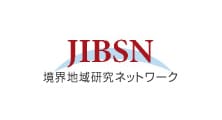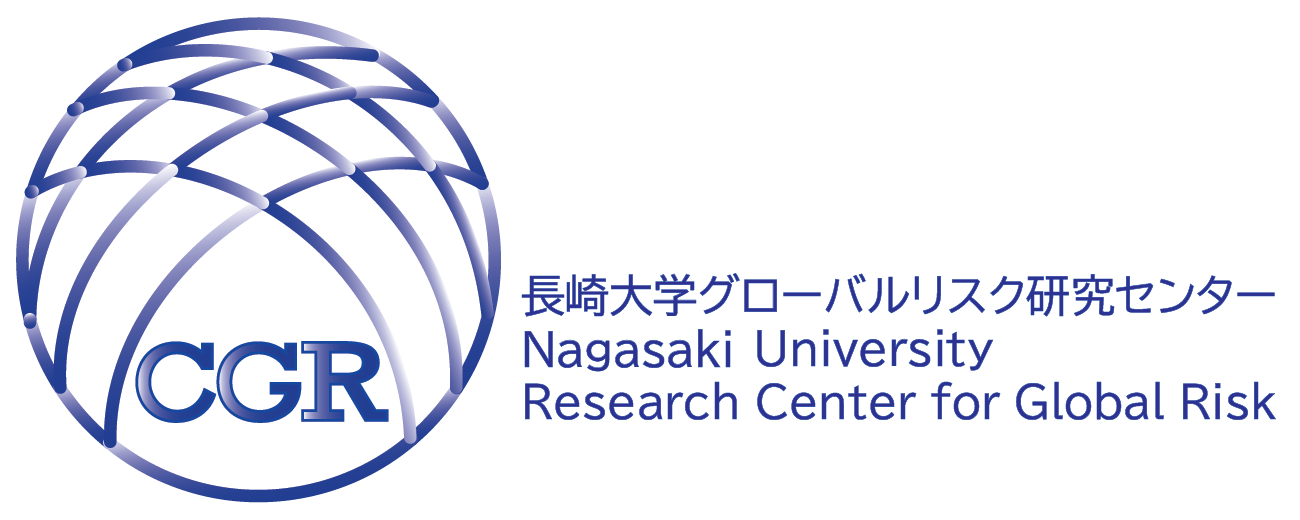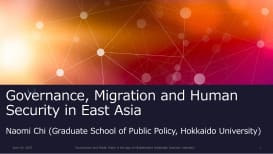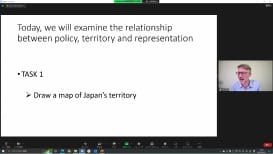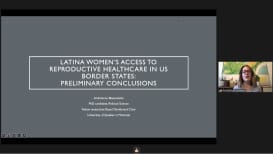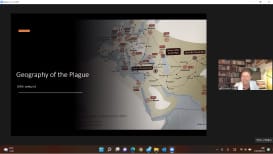Trans-border, Migration
and Gender Studies:
Reshaping the Well-Being
beyond Cultural Conflict
in East Eurasia
-
![]()
“Central Asia and Southeast Asia – Exploring the Dynamics of Greater Engagement” (December 19, 2022)
-
![]()
EES/UBRJ Seminar for Survival Strategic Research "Ukrainian Refugees and Gender Problems in Poland" (October 25, 2022)
INFORMATION
-
2025.09.22
EVENT
SRC·UBRJ Seminar: IN LIASON WITH THE JSPS PROJECT FOR “INTERNATIONAL RIVER AS COOPERATIVE AND COMPETITIVE”
-
2025.09.01
EVENT
SRC seminar: System Reification and the Collapse of the Soviet Union
-
2025.06.30
EVENT
(終了)Refugee resettlement in England and Japan: Outcomes and experiences (July 2, 2025)
-
2025.06.16
EVENT
EES/SRCW Seminar: “The War in Ukraine: Stabilising or Destabilising the Balkans?”(July 10, 2025)
ABOUT US
The Slavic Eurasian Research Centre at Hokkaido University will be conducting research on “East Eurasian Studies,” which is one of the four sub-research projects funded and promoted by the “NIHU Area Studies” network-based research project by the National Institutes for the Humanities (NIHU). The other three sub-research projects include “Global Mediterranean Studies,” “Indian Ocean Rim Studies,” and “Asia and Oceania Maritime Studies.”

EDUCATION/SOCIAL IMPACT
The unit at the Slavic Eurasian Research Centre (SRC) will promote and conduct education and study programmes in cooperation with the Hokkaido Summer Institute as well as Japanese and international institutions, to foster young scholars (undergraduate, graduate and post-graduate). In 2022, the unit co-hosted the “Public Policy and Governance in the Age of Globalization” (main instructor: Dr. Naomi Chi, Graduate School of Public Policy) course as part of the Hokkaido Summer Institute. The aim of the course was to examine international public policy issues from a “glocal (global+local)” perspective, including migration, gender, (securitization of) borders and security. Moreover, in terms of social impact and contribution, the unit will continue to co-host the “Seminars on Co-Creation of New Values” with the SRC, as well as promote various projects with local communities at the border regions.
Public Policy and Governance in the Age of Globalization(in cooperation Hokkaido Summer Institute), June 2022
LINKS
-
NIHU Global Area Studies Program East Eurasian Studies Project
-
"East Eurasian Studies", Center for Northeast Asian Studies, Tohoku University
-
Slavic-Eurasian Research Center, Hokkaido University
-
Center for Northeast Asian Studies Tohoku University
-
National Museum of Ethnology
-
Research Institute for Promoting Intercultural Studies, Kobe University
-
Eurasia Unit for Border Research (UBRJ)
CONTACT
“East Eurasian Studies”
Slavic Eurasian Research Centre, Hokkaido University
Kita-9, Nishi-7, Kita-ku, Sapporo, 060-0809 JAPAN
TEL.+81-11-706-2388
/
FAX.+81-11-706-4952
Public Policy and Governance in the Age of Globalization
(in cooperation Hokkaido Summer Institute), June 2022
This is an ambitious, interdisciplinary course that covers North America and East Asia in order to examine how different countries and regions (specifically, national governments and sometimes sub-national governments) of the world approach “national” strategy (framing, planning and implementing projects) across policy sectors in the context of a globalized world.
Different national and region-specific approaches to strategy may be informed by different: (1) constitutional and political structures, norms and traditions;
(2) geographic and geopolitical specificities, including specific or local impacts of global phenomena; and (3) sector-specific policy approaches, from foreign policy to national security, social policy and economic policy.
Key questions to be answered in this course include: (1) How do countries determine their national interests? How do they mobilize resources and capabilities in order to advance these national interests in policy? (2) How do major countries frame major public problems, and what are the decision-making considerations and stakes for states, resulting from these international forces and dynamics, in specific policy areas such as national security and foreign affairs?


